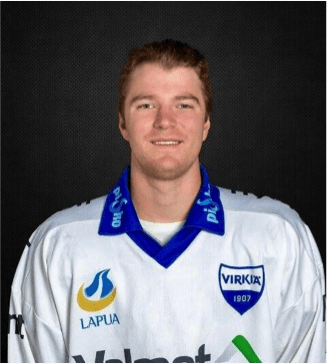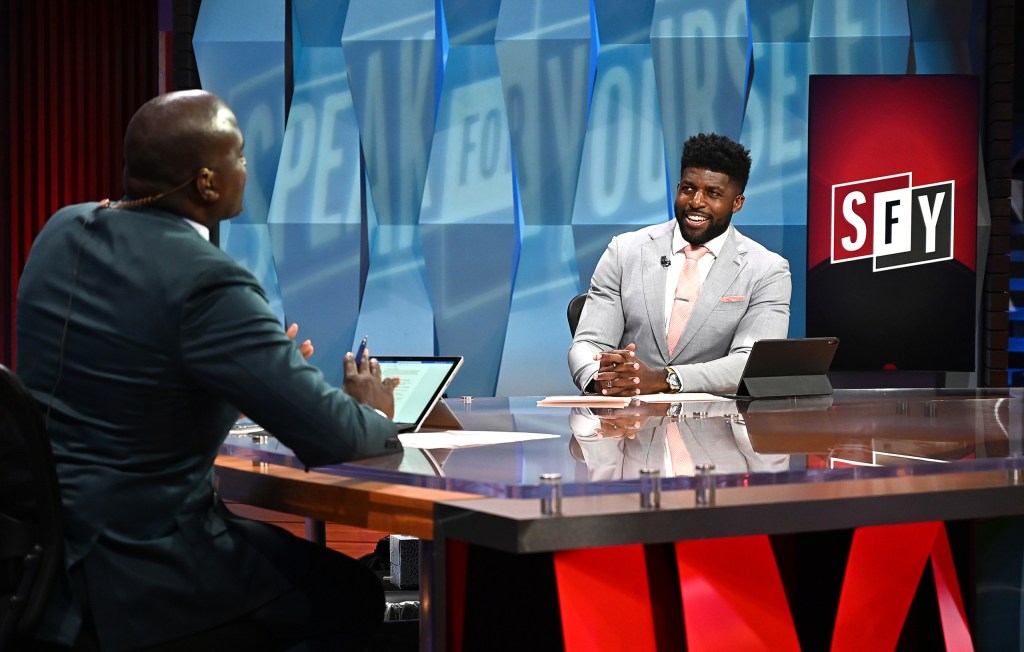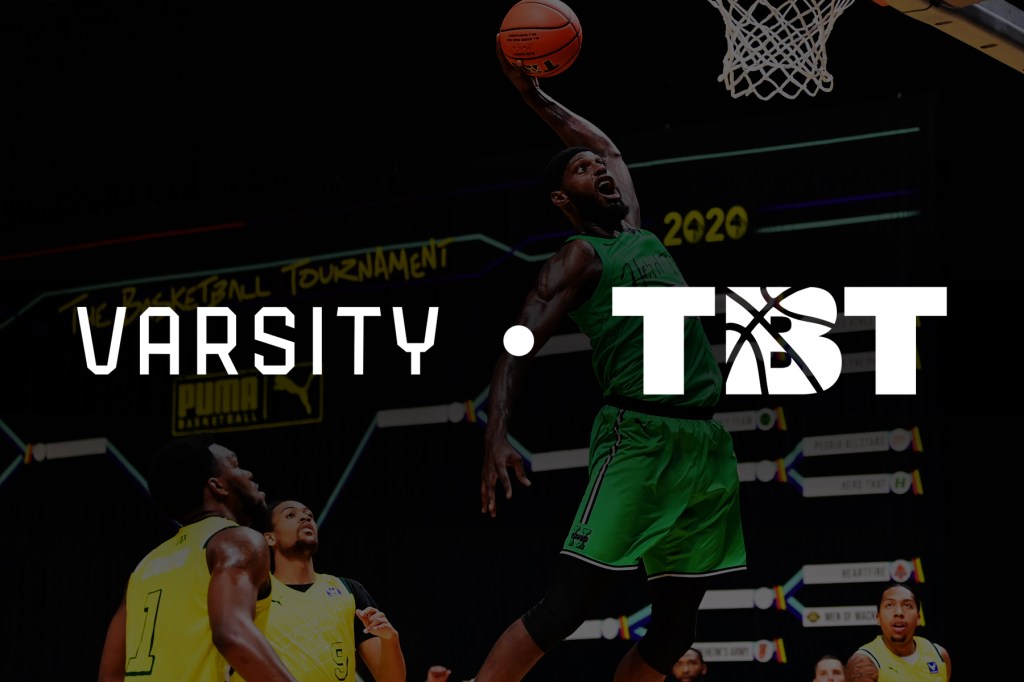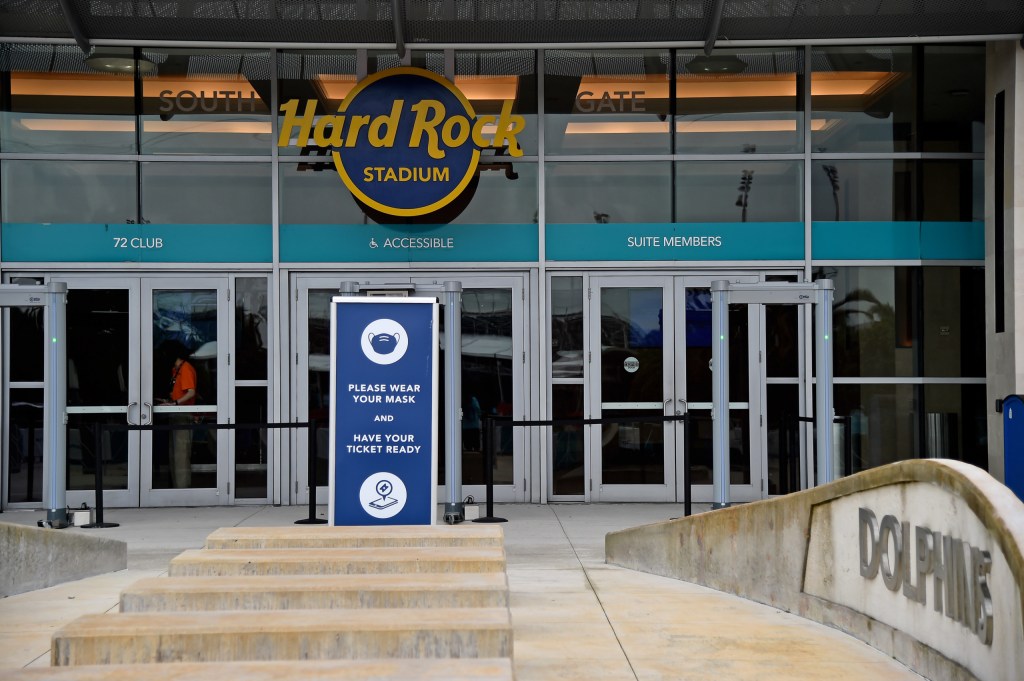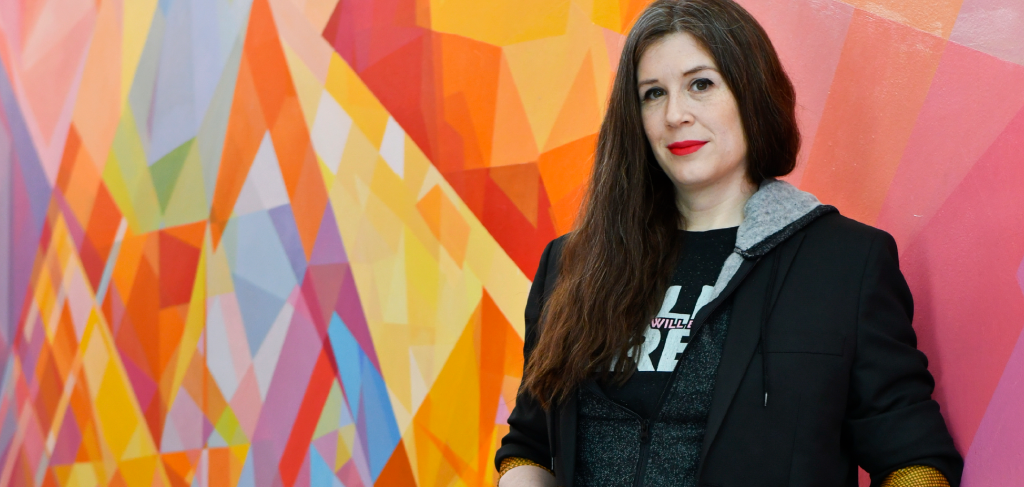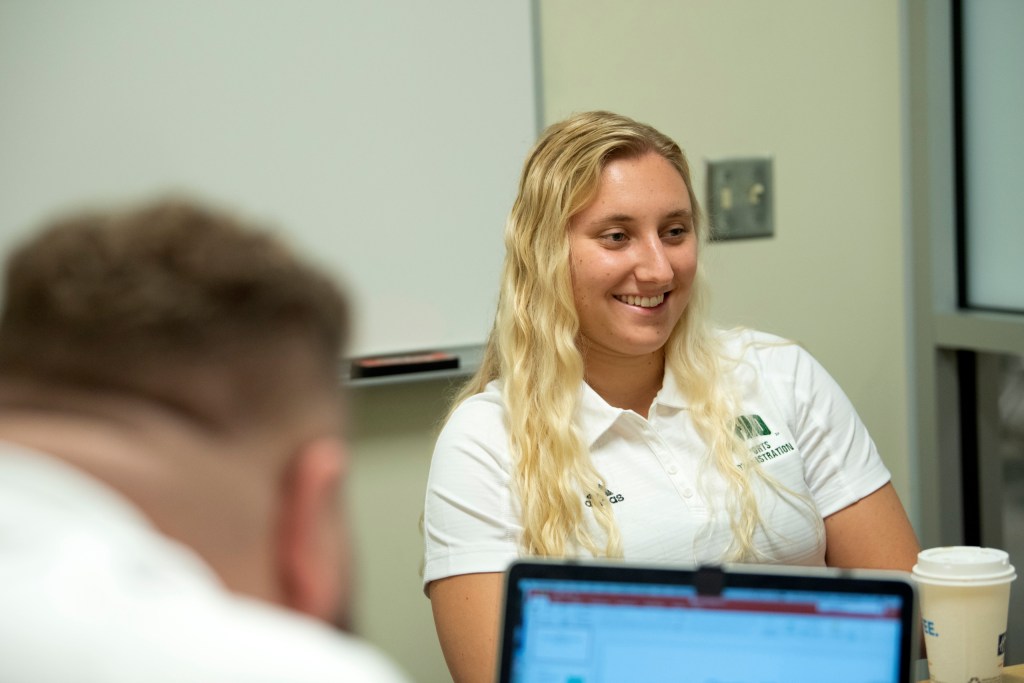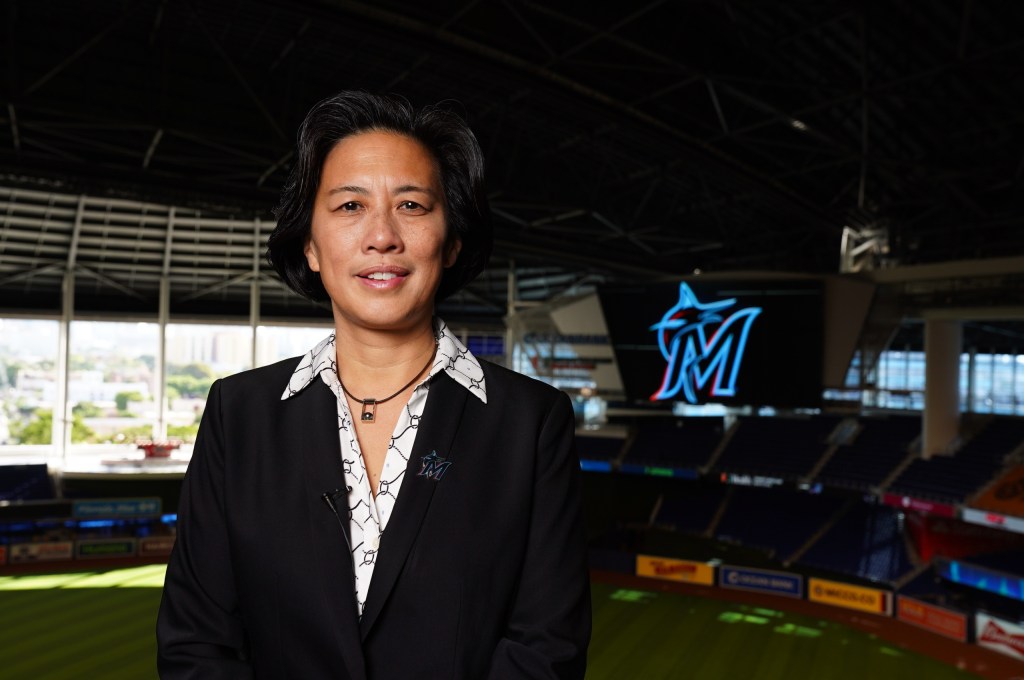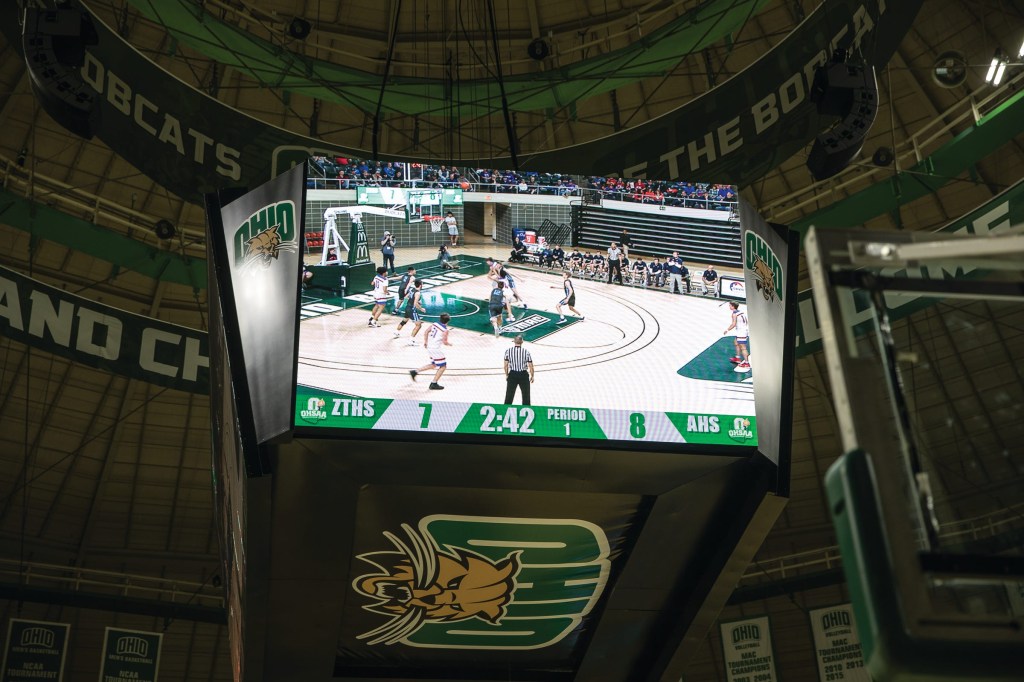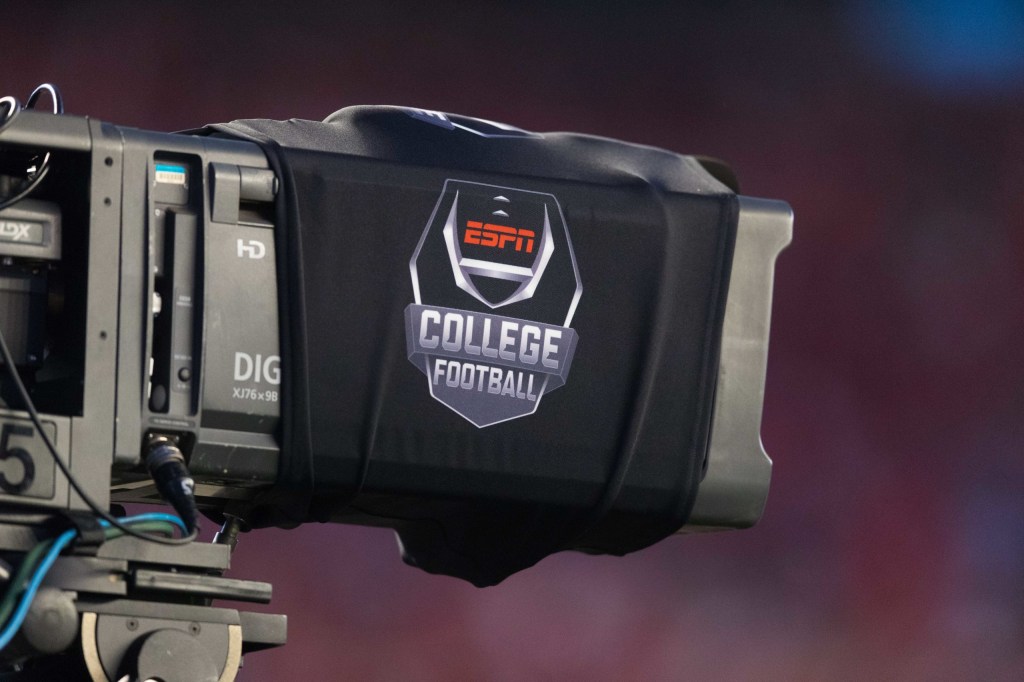
I’m sitting on my living room couch in the small town of Lapua, Finland at 1:30am on a Thursday night, or I should say Friday morning, waiting for a Skype interview.
Read that sentence again. That sounds a bit crazy does it not?
Imagine what you would be doing at 1:30am during the work week. I bet you are likely sleeping if you have work the next day.
Agreeing to conduct interviews in the wee hours of the morning are some of the lengths I have gone to try and secure a job while playing professional ice hockey in Finland. You may wonder why I have decided to search for jobs rather than try and continue on with my athletic career. There are a few reasons, but to keep it short, I need to take care of my body before the physical punishment of the sport creates a lasting consequence.
As an athlete in a foreign country, my schedule is not like the typical 9:00am — 5:00pm day sitting behind a desk. I have practices, games, and various other obligatory activities every day, as well as providing educational and cultural classes to grade school students in the community. I have also been working on writing a couple of books and have been applying for jobs throughout my season, staying up as late as 3:00 a.m. to conduct interviews.
My favorite part of the phone interviews happens at the beginning of the call after the brief opening small talk. It usually goes something like this.
“Is now still a good time to talk?”
“Yes, this is good.”
“Before I get into more role specific questions, tell me a little bit about yourself and your current situation.”
“Well, right now, it’s after midnight in Finland where I am currently playing pro hockey this season. I grew up — ”
“Wait, you are where?”
“I’m in Finland about four hours north of Helsinki.”
“Oh, I thought you were in Canada or something. What time is it there?”
“It’s after midnight. I’m ten hours ahead of you.”
“Oh, okay. Keep going.”
I would continue on with my story and the interviewer wouldn’t flinch for the rest of the call. It was as if agreeing to take a call after midnight during the week was not even a little bit out of the norm. How many people are persistent enough to conduct interviews this late in the US? I have been doing this for the past few months, a couple of days per week.
I can recall two phone interviews out of nearly twenty in the past month or so that acknowledged the absurdity of me answering the phone this early in the morning. To no surprise, those were my two best interviews. One of these I was a final candidate and the other I will be meeting with once I am back in the U.S.
Many of the phone interviews ended with the interviewer telling me they would get back to me in a week or so about next steps. They would also disclose that they likely wouldn’t hire someone who they haven’t met in person. For jobs outside of the Seattle area, where I would call my home base for now, that has made it pretty challenging to land a job in say the Bay Area unless I booked a flight there or the company flew me out.
Successfully being selected for jobs is all about timing and accessibility. I have been applying and interviewing for jobs since the first month of the hockey season in Finland. I’ve applied for jobs all over the world but primarily in the U.S.
Many tell me, “Let me know when you are back in the States, and we will let you know if we have any openings.”
I have not been very content with receiving that answer. Ideally, I would like to be leaving Finland with a job already secured. It remains to be seen if I am successful, but I have tried pretty hard to try and make this happen. I’m not too worried about being able to find a job once my season ends and I am back in Seattle because of the valuable interview lessons I’ve learned while overseas. Here are three of them:
1. No one seems very interested about your life situation. Unless you fit the company/role and are easily accessible, you are probably going to have a tough time landing a job without having internal company contacts.
2. Build your network even if you can’t land a job. I have gathered many very good contacts in industries that I want to be involved with down the road, despite not being hired at this time. I know these people will be great for me to stay in contact with to help me in reaching my goals.
3. Stay positive and trust the process. The job hunt can take a long time. I’ve been searching for jobs since being out here and also while I was a senior at the University of Washington. I knew I would have a job by the time I graduated and I know I will have a job within the first couple months after arriving back in Seattle if I don’t land one in the next few weeks. I have a few meetings with companies already set up and more that will be set up in the coming weeks. Being persistent allows you to find a way to be successful.
If you are a senior in college on the job hunt and you may be a little down, just keep plugging away and keep checking those job boards. If you throw your hat into enough drawings, you’re bound to win at least once.
Ryan Minkoff is a professional ice hockey player in Finland with Lapuan Virkia. After growing up in Minnesota, he attended the University of Washington in Seattle. Last year, he graduated with a BA in Economics while minoring in Entrepreneurship. Upon signing with Lapuan Virkia, he became the first professional ice hockey player out of UW to play overseas, garnering the attention of Derek Jeter’s The Players Tribune in the process.
Follow him on Twitter at @83rminkoff.
